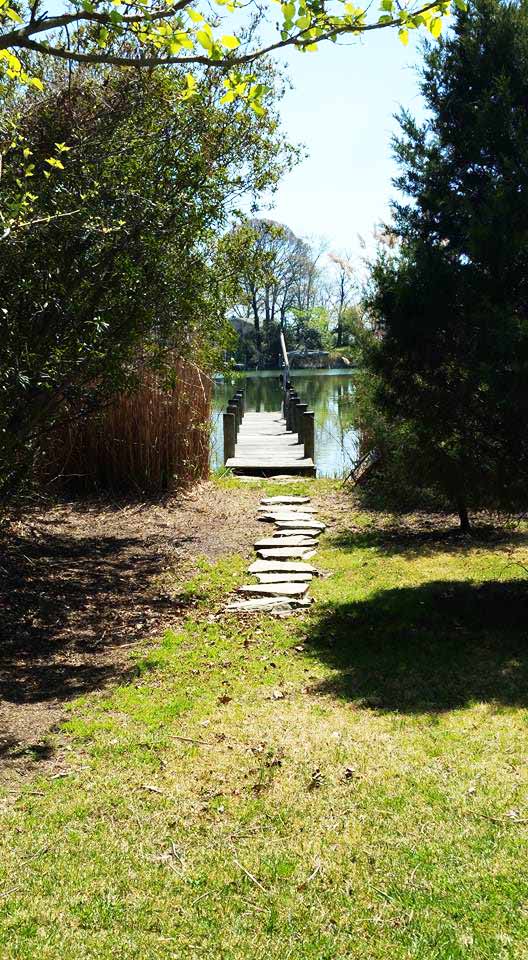
Have you read Tammy Vitale’s Real EState Investing: Buy and Hold Strategy Episode 1? In not, go here and do that.
Once upon a time, I believe that you should pay off your house so that when you retire you don’t have a mortgage payment. I don’t believe that any more. [NOTE: the interest tax deduction under the 2017 tax bill has changed in value – always talk to a financial planner to make sure your plans fit *your* budget and priorities]
In today’s world, if your house is paid off, and something happens to your income stream, you are sitting on a gold mine and just about the only way you can get your hands on the gold is through a reverse mortgage. I am sure reverse mortgages have their place; however, to me, it’s a bet that you’ll live longer than what you’ve borrowed from the bank.
Here is one explanation:
A reverse mortgage is a loan made by a lender to a homeowner using the home as security or collateral. With a traditional mortgage, the homeowner uses their income to pay down the debt over time. However, with a reverse mortgage the loan balance grows over time because the homeowner is not making monthly mortgage payments.
A reverse mortgage loan typically does not require repayment for as long as the borrower(s) continues to live in the home as the primary residence, pays property taxes and insurance, and maintains the home according to the Federal Housing Administration (FHA) requirements, or until the last homeowner has passed away or has moved out of the property. The amount of equity you can access with a reverse mortgage is determined by the age of the youngest borrower, current interest rates, and the value of the home. Please note that you may need to set aside additional funds from loan proceeds to pay for taxes and insurance.
When I changed my mind about paying off versus equity investing, my own income was up and down and we were relying on the steady check of my husband to make the lenders happy. They like steady income checks. I realized that with my entrepreneural way of making income, I probably would never qualify to buy anything on my own because I rarely stay at one thing long enough to meet a lender’s two year requirement to consider my income. They will consider my Social Security income but it is no where near enough to buy even a small house.
We had almost 20 years of payments into our pincipal home and decided to refinance and take equity out to refinance our home to 30 years and buy other property. I didn’t want to take more than 50% of the value out, and the bank will only lend on 80% of the house’s value but that left us enough money to buy a townhouse. We rent that townhouse to our daughter, thus neatly getting around the problem of landlording.
If you want to buy and hold, you need to understand and be a landlord, or hire someone to do that for you. Hiring someone to do that for you can eat into your profits but that is okay if you are prepared for that. Working out income vs. anticipated outgo is something you should do *before* buying that rental property.
Another thing you need to decide *before* purchasing the buy and hold property is what demographic you are going to focus on renting to – not to say that others can’t or won’t rent your property, but what you buy will appeal to certain segments of folks: families are going to want all their bedrooms on one floor to keep an eye on the kiddos, roommates will like being spread out and if possible with their own bathroom. Short term rentals can be smaller and you might want to furnish them. Can you see how your demographics would matter when looking for specific home characteristics?
So I found my funding in my own property (and continued to do that for houses 3 – 6. House 7 we moved into and used the leverage of 5% downpayment to get into).
Fortune Builders notes these other ways to finance properties:
You can still use traditional lender financing, FHA purchase loans, hard money, private money and possible subject to or seller financing. After you purchase the property, there is a minimum waiting period before you can refinance the loan at the new appraised amount. This can be anywhere from 90 days to a full year, depending on the lender and the program type. You can use hard money to get into the property and after six months refinance, pay off the loan and go from there. This is just one way to finance the acquisition. If you are just starting out, you can also use an FHA loan with a 3.5% down payment to acquire a two-family property. Simply live on one side and rent the other unit until you are ready to move on. If you are creative, there are a handful of ways to finance buy and hold properties that you may not be aware of.
You can also buy a house with a low down-payment, live in it at least one year, rent it out and buy a second house to live in using a low down payment. You can even use FHA in certain instances: HUD 4000.1, page 135, provides the standard for owner occupancy: “At least one Borrower must occupy the Property within 60 Days of signing the security instrument and intend to continue occupancy for at least one year. 203(k) Rehabilitation products may have different requirements for the length of time to occupy the Property.”
There’s also communal living (called “house hacking” by many it means renting out rooms in your own home or buying a duplex/triplex/quad and living in one unit while renting the rest out), family help or co-investment, and even crowd-sourcing.
You are limited only by your own imagination and persistence in moving toward creating your real state portfolio!
Next up: when it really gets good: leveraging equity from a rental to buy another rental

Tammy Vitale is a Realtor/GRI (Graduate, Realtor Institute) working with RE/MAX One in Prince Frederick, Maryland. She has been an investor since 1999 and a Realtor since 2015. “If you want to upsize, downsize, or just-right-size your personal residence or real estate portfolio, you can count on me for expertise and enthusiasm at your service.”



